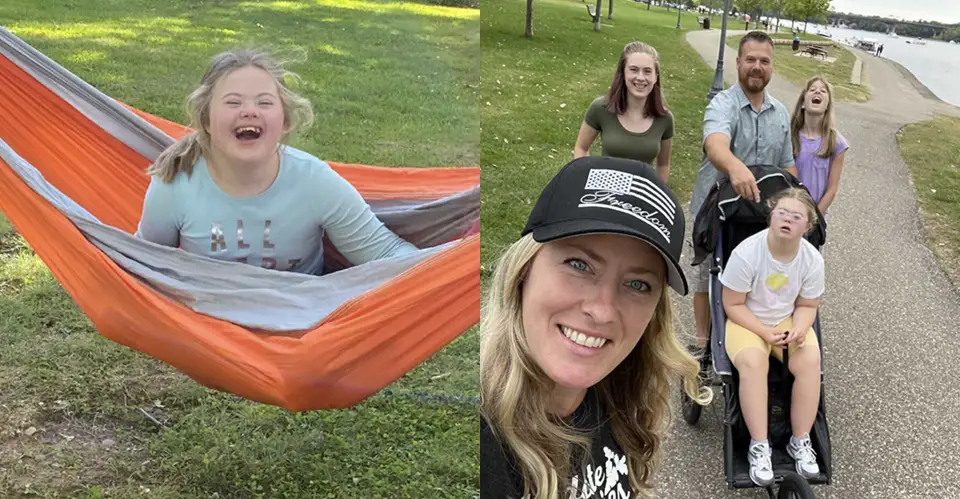Shannon stopped pouring wine into her exhaustion and started pouring truth into her life, and in that honesty, her family finally had room to breathe. Shannon describes life as a special-needs mom as moving between two worlds simultaneously. In one world, she notices blessings other people might miss. Because every day brings new challenges, she’s learned to be grateful for small, ordinary things.
In the other world, almost everything in her life revolves around one child’s needs. Dylan is fifteen and cannot speak. She wears diapers all day because she cannot reliably communicate her bathroom needs. She understands language like a young child, doesn’t recognise danger, and needs constant supervision.
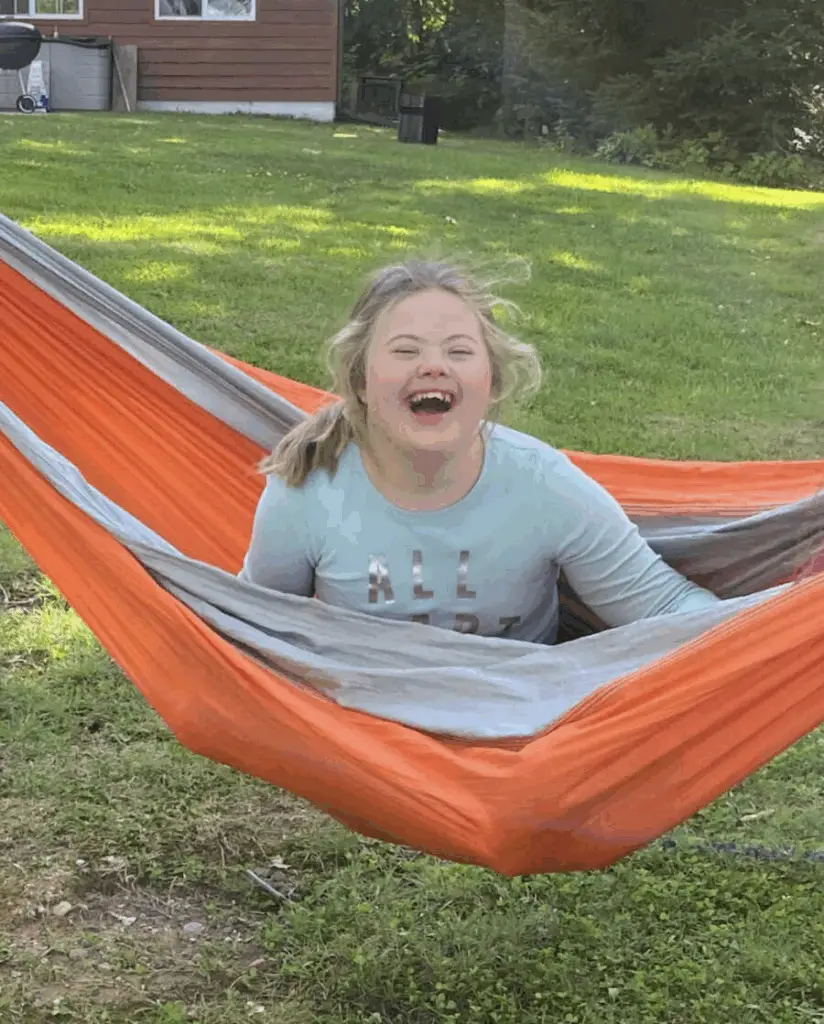
Shannon won’t sleep alone, so she and her husband take turns staying with her at night. Listing these facts feels heavy, but it’s simply their normal. There is beauty in it, too—love, laughter, and tiny victories—yet it often isolates them and limits what the family can do together. Shannon worries about how this will affect her two other daughters, but she then reminds herself that they may grow more profoundly empathic, responsible, and kind because of their sister.
Wine first became part of the culture among moms of kids with special needs. A drink was usually involved when they gathered, half-joke and half relief. Over time, Shannon poured a glass while cooking, then a couple more after bedtime. When Dylan was seven, Shannon launched a home-based business that grew quickly.
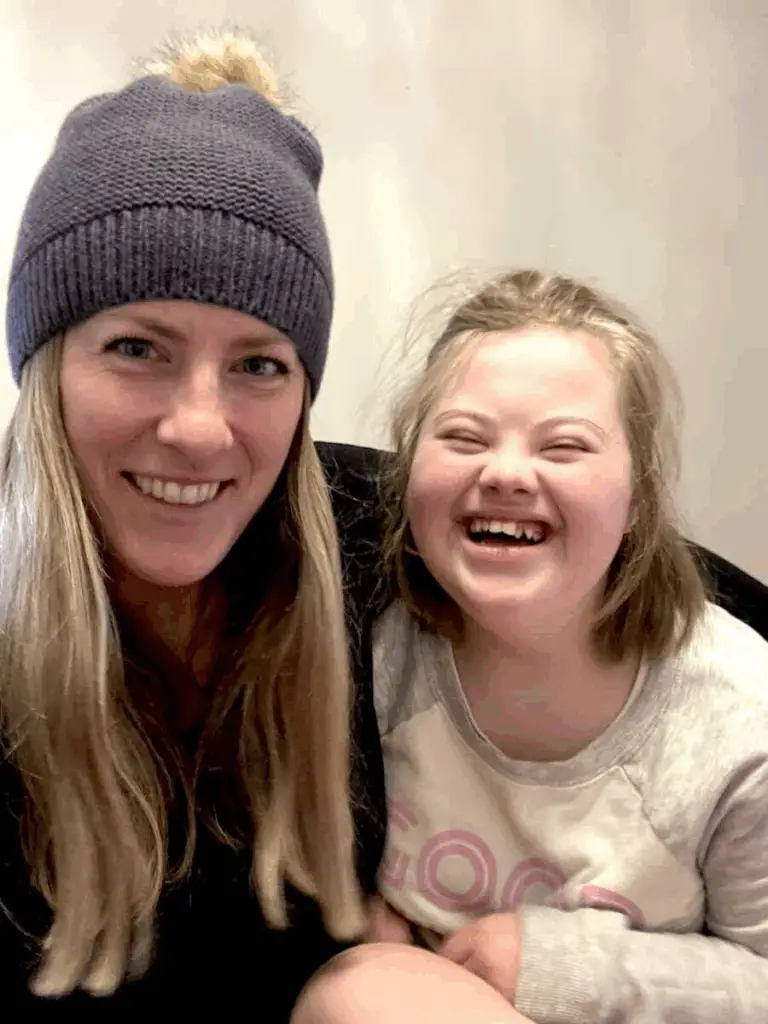
They had an aide for Dylan for about thirty hours a week, which helped, but as her workload grew, so did the late-night drinking. Then, before COVID, the aide left. Shannon suddenly had no help and still had to keep working to support the family. One glass turned into a few, then a bottle, then more than a bottle on most nights. Looking back, she sees she was asking one person, herself, to be a full-time caregiver, a stay-at-home mom, a homeschool teacher, a business owner, and a steady partner, all at once. She wanted to do it all, so she used alcohol to dull the stress and keep going.
When the pandemic hit, the pressure rose, and she started hiding her drinking, stashing bottles in her office, and slipping empties into the recycling after her husband left for work. The family looked happy and functional to the outside world, with dinners made and a business humming. Inside, alcohol had become the tool she used to meet impossible expectations.
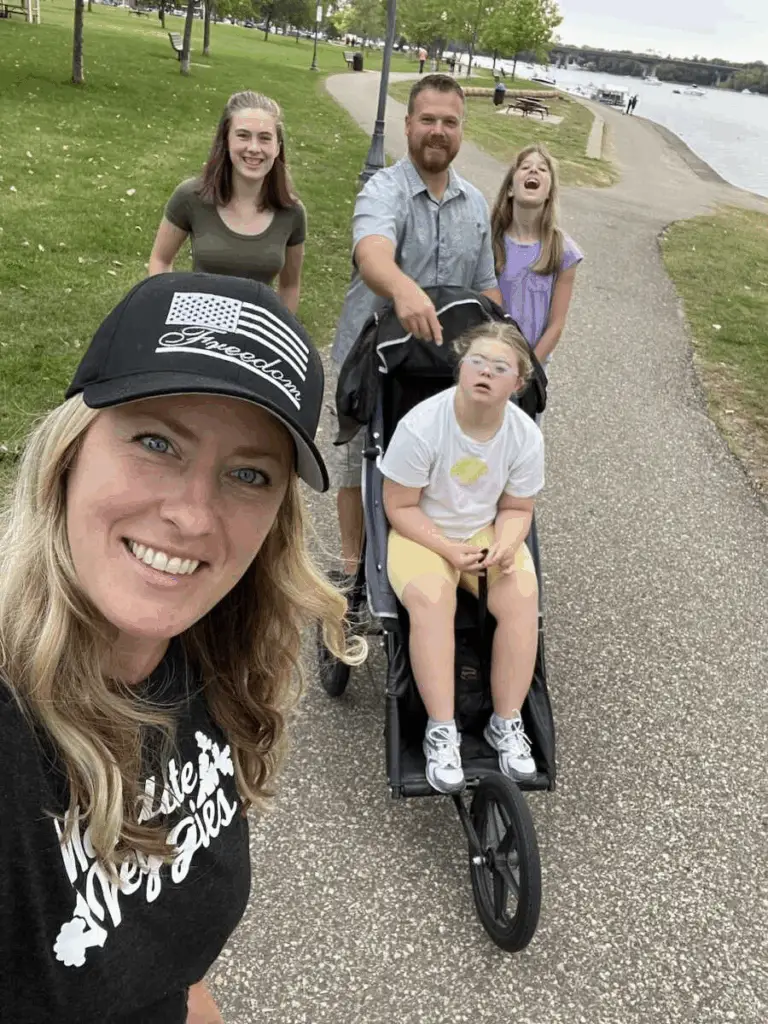
Physical signs appeared: weight gain, morning headaches, stomach issues, and a puffy face. Emotionally, she was on a constant roller coaster: overflowing with gratitude one moment, tears on the kitchen floor at 2 a.m. the next. Even as she noticed all this, she kept telling herself she needed the wine to cope.
When her husband gently suggested cutting back, she realized just how much she was drinking. She reached a crossroads: she could keep using Dylan’s needs as a reason to drink, or she could make Dylan the reason to stop. She chose sobriety; removing alcohol didn’t erase stress, but it made stress manageable. Her anxiety and depression lifted, and she found space to think clearly, ask for help, and care for herself and her daughter without the fog. Dylan still doesn’t sleep well; she was still in diapers.
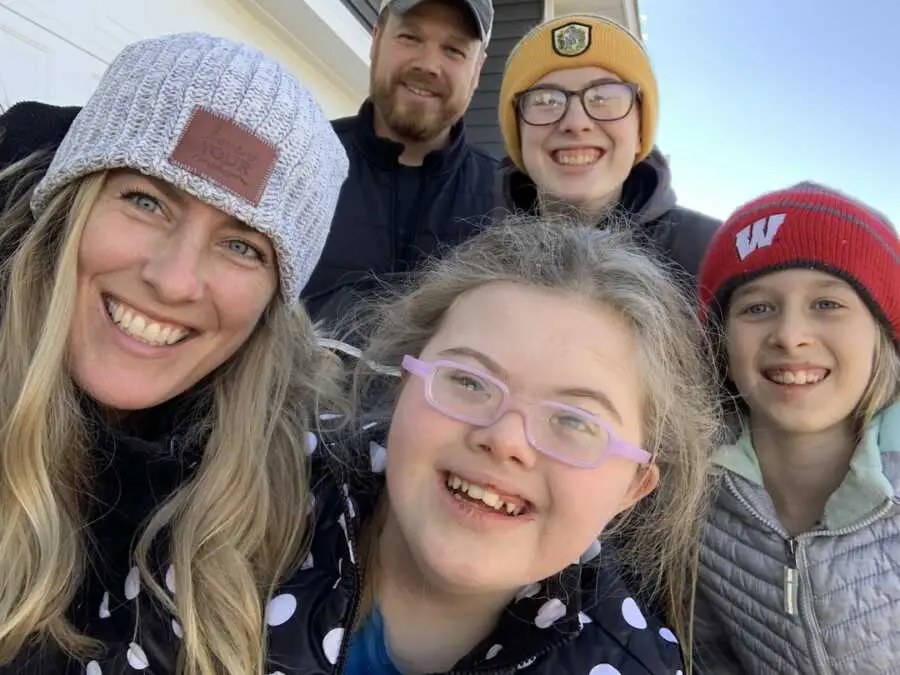
Communication is still limited and can break Shannon’s heart when she longs to know her daughter’s thoughts. But without alcohol, the sky no longer feels like it’s falling. Shannon’s foundation is steadier; she meets the day more calmly and patiently. She now sees how powerful alcohol is as a drug and how easily it can hijack a person’s mind and emotions. She had tried to quit three times in the past, and many other times she tried to “control” it, but she didn’t want to admit she needed help.
This summer, she got honest with herself, told her husband, and invested in a sober coaching program. That commitment gave her structure, tools, and community. She was three months sober and doesn’t want to go back. Cravings happened, but she knows what to do with them. She feels clearer, healthier, and more herself than she has in years. Her only regret was waiting so long, because life for Dylan, the whole family, and Shannon herself was better without the wine.
